Thought for the Day and it’s Marian too – 29 May “Mary’s Month!” – The Memorial of Blessed Joseph Gerard O.M.I. (1831-1914)
BEATIFICATION OF FATHER JOSEPH GÉRARD
HOMILY OF JOHN PAUL II
Maseru Race Course (Lesotho)
Thursday, 15 September 1988
“My soul proclaims the greatness of the Lord” (Luc. 1, 46).
Dear Brothers and Sisters in Christ,
1. On the day after the feast of the Triumph of the Cross of Christ, the liturgy of the Church, directs our attention towards her, who is found at the foot of the Cross, to the Mother of Christ, Mary.
She stood at the foot of the Cross, together with three other women and with John, the disciple whom Christ loved. The Second Vatican Council, teaches us that Mary is found there, at the foot of the Cross, “in keeping with the divine plan” (Lumen Gentium, 58).
Indeed in a certain sense this was the climax in her life’s pilgrimage, the moment for which the Holy Spirit had been preparing her throughout her entire existence and especially from the time of the Annunciation. It was the culmination of her pilgrimage of faith, of hope and of that special union with Jesus, her Son, the Redeemer of the world.
At the beginning of this pilgrimage, we hear Mary say in the house of her kinswoman Elizabeth, when she speaks of the great things the Almighty has done for her: “My soul proclaims the greatness of the Lord”. At the foot of the Cross, “a sword pierces Mary’s soul”, fulfilling the words of Simeon (Cfr. Luc. 2, 35).
And yet, Mary does not cease to believe. The great works of God are accomplished precisely through this Cross, through the Sacrifice of the life of her Son. And united to the redemptive Sacrifice of her Son is the maternal sacrifice of her heart.
2. The Church leads us today into the very centre of the Heart of Mary, into the intimate mystery of her union with her Son, a union which here, at the foot of the Cross, reaches its particular fullness.
In the Letter to the Hebrews we read that Christ, while being Son of God, one in being with the Father, “learned to obey through suffering” (Hebr 5, 8). And precisely through this obedience, even to death on the Cross “he became for all who obey him the source of eternal salvation” (Ibid 5, 9).
At the moment of the Annunciation Mary first spoke her “fiat”.
She said: “Let what you have said be done to me”. And, with new strength of faith and trust in God, she repeated this “fiat” at the foot of the Cross! This was her maternal sharing in the redemptive obedience of her Son as he offered his life on the Cross for the sins of the world.
At the foot of the Cross, Mary never ceased to praise the wondrous mercy of God, the mercy which endures “from generation to generation”. And she did not cease to proclaim the saving “power of his arm”, which puts down the proud and raises the lowly. Like no other person on earth, Mary was able to penetrate the Paschal Mystery of Christ; she understood it with her heart.
3. And therefore the Church sees the Mother of God, as the one who “preceded in the pilgrimage of faith” all the People of God on earth. In this faith, she became a true daughter of Abraham; indeed she even surpassed him whom Saint Paul calls “the Father of all believers” (Rom. 4, 11). Her pilgrimage of faith, has done something even greater: it has enabled us to enter, ever more profoundly, into the inscrutable mysteries of God.
The Church in your country, in Lesotho, here in Maseru, as does the Church throughout the earth, goes forward on this same pilgrimage of faith, the pilgrimage on which the Mother of God has gone before us. Today the Bishop of Rome meets you on this pilgrimage. He stands in your midst and celebrates with you the Eucharistic Sacrifice on the Feast of Our Lady of Sorrows.
4. It is with great joy, that I join you in prayer today, my brothers and sisters of the Church in Lesotho. I know that many of you have had to make many sacrifices in order to be here and I assure you of my happiness and gratitude that you have come. Your presence at this Liturgy is a sign of your love for the Church and an expression of your willingness to bear witness to the Kingdom of Christ.
I am also aware that many people would have liked to be with us but have been unable to do so: the sick and suffering, those who live too far away, those who are too young or too old. To all of them, I say with deep affection, the Pope embraces you and loves you in the Sacred Heart of Jesus Christ our Redeemer.
My fraternal greetings go to Archbishop Morapeli of Maseru and to the bishops of the other dioceses of Lesotho. With them, I greet all your dedicated priests and religious, your catechists and all the members of your Christian families.
I greet our non-Catholic brothers and sisters in Christ and all people of good will and I thank you for joining us on this historic occasion. I offer very cordial greetings, to those who have come from beyond the borders of this country.
In a very special way, I greet the people of South Africa where Blessed Joseph Gérard laboured in Natal and the eastern Free State.
As members of one family, united in the love of Jesus, we rejoice today in the everlasting mercy of God who has granted us the gift of faith and made us a people of hope, a people on pilgrimage to the eternal Kingdom of God.
5. This day has a particular significance for the journey of faith which the Church in Lesotho is making. For today we celebrate the Beatification of the Servant of God, Joseph Gérard.
In the First Reading of the Liturgy, taken from the book of Genesis, we hear God calling Abraham to set out on a journey of faith, to set out on a road that will take him away from all that he has ever known and loved, to put all his trust in the promise of the Lord.
Father Gérard heard God addressing to him a similar call of faith. As in the case of Abraham, the Lord said to the young Frenchman named Joseph, “Leave your country, your family and your father’s house, for the land I will show you” (Gen. 12, 1). And he went promptly, as the Lord told him. He followed God’s call. He placed all his trust in the promise he had heard from on high.
The land that God showed Blessed Joseph was Africa, more precisely the land of South Africa and then some years laser the land of the Basotho people. To this land, this Kingdom of Lesotho, he came as a man of faith. He came because he had been called and sent to proclaim the Kingdom of God.
6. From an early age, Joseph Gérard had been convinced that God was calling him to be a missionary. His heart overflowed with gratitude for the gift of the Christian life and he longed to share with others this treasure, this priceless pearl, the infinite riches of knowing Jesus Christ. And it was this constant zeal for evangelisation that shaped every stage of his long life.
Upon his arrival in Lesotho, together with Bishop Allard and Brother Bernard, he at once set about learning the language and customs of the Basotho people. He tried to understand their way of thinking, their sensitivities, their hopes and desires. He was eager to understand their very souls, so that he could decide on the best methods to use in preaching to them the Good News of salvation.
Father Gérard and his companions began their apostolic work at the mission called Roma. They gave themselves wholeheartedly and sacrificially to the task, relying completely on the grace of the Holy Spirit. And the Spirit of God soon brought forth fruit. Only a few years later, in 1866, a second mission at Korokoro was established. And in 1868 yet a third mission dedicated to Saint Michael was begun.
In obedience to his superior, Father Gérard went to the northern part of the country in 1876, where he founded the mission of Saint Monica. For the next twenty years and more, he laboured there untiringly, establishing a convent and school and building other missions in the surrounding area. In all his pastoral endeavours and plans, he placed all his hope in God, remembering the words spoken at his priestly ordination, namely that God who began the good work in him would bring it to completion.
Wherever Blessed Joseph Gérard went, he lived his missionary vocation with extraordinary apostolic fervour. His love for God, which burned ever more ardently in his heart, showed itself in practical love of neighbour. Above all he is remembered for his special care for the sick and suffering. Through frequent visits and his gentle manner, he always seemed to bring them fresh courage and hope. For those near the hour of death he found the right words to prepare them to meet God peacefully, face to face.
The secret of his holiness, the key to his joy and zeal, was the simple fact that he lived continually in the presence of God. Blessed Joseph’s whole life was caught up in the love of the Holy Trinity. People wanted to be near to Father Gérard because he always seemed near to God. He was filled with a spirit of prayer, nourished daily by the Liturgy of the Hours and by frequent visits to the Blessed Sacrament. He had a fervent devotion to the Mother of God and the Saints. During his long and difficult journeys to outlying missions and the homes of the sick, he conversed continually with his beloved Lord. It is undoubtedly, this vivid sense of being always in the presence of God, that explains his lifelong fidelity to his religious vows of chastity, poverty and obedience and to his obligations as a priest.
God blessed Father Gérard with a long life of apostolic service. He granted him the grace to see over half a century of the unfolding evangelisation of Lesotho. Father Gérard is certainly rejoicing today at the vitality of the Church in this country which was so dear to his heart: its bishops are native sons, there is an increasing number of vocations to the priesthood and religious life, the active laity numbers more than six hundred thousand people, including a hundred and forty thousand studying in Catholic schools. But with his missionary spirit, would he not still encourage us today to carry on with fresh enthusiasm the many-sided task of proclaiming the Gospel of Christ?
7. Here in Lesotho you have a traditional greeting: Khotso, Pula, Nala, – peace, rain and abundance. Blessed Joseph Gérard must have often prayed for these same blessings, he must have often uttered this same greeting in this land. Above all, he always tried to be a servant of reconciliation and peace, for this is an essential part of evangelisation.
To evangelise means to proclaim the Good News of our Lord Jesus Christ, the Saviour of the whole world, to tell the story of how “God wanted all perfection to be found in him and all things to be reconciled through him and for him, everything in heaven and everything on earth, by his death on the Cross” (Col. 1, 19-20). The first step of evangelisation is to accept the grace of conversion into our own minds and hearts, to let ourselves be reconciled to God. We must first experience God’s gracious mercy, the love of Christ which has “reconciled us to himself” and given us “the work of handing on this reconciliation” (2Cor. 5-18).
As the twentieth century draws to a close and as your country looks to the future, this is the special gift and the greatest responsibility which the members of the Church offer to their fellow citizens, to be servants of reconciliation and peace, after the example of Blessed Joseph Gérard.
Always believe in the power of love and truth, the love of neighbour which is rooted in the love of God and the truth which sets people free. Reject violence as a solution to any situation, no matter how unjust it may be. Put your trust in the methods that respect the rights of all and that are fully in accordance with the Gospel. Above all, trust in the God of justice, who created all things, who sees all human events, who holds in his hands the destiny of every person and of every nation.
8. Dear brothers and sisters: I rejoice with you on this solemn day of celebration. It is a day of great importance in your pilgrimage of faith and hope, a day of jubilation on the journey to union with Christ which the People of God in this land are making. Let us give thanks to the most holy God for this day. Let us sing, together with Mary: “My soul proclaims the greatness of the Lord and my spirit exults in God my Saviour” (Luc. 1, 46-47).
Together with Mary and with Blessed Joseph Gérard, let all the people of Lesotho exult in God our Saviour. Yes, all of you: young and old, children and parents, workers and teachers, priests and religious, the handicapped and the sick. Let us all praise the Lord with grateful voices, for the Almighty has done great things for us. Holy is his name!
9. Yet, at the same time, let the eyes of our faith never wander from the Cross of Calvary.
We read in the Gospel: “Seeing his mother and the disciple he loved standing near her, Jesus said to his mother, ‘Woman, this is your son’. Then to the disciple he said, ‘This is your mother’. And from that moment the disciple made a place for her in his home” (Io. 19, 26-27).
My fervent wish for all of you, dear brothers and sisters, is that the word of John’s Gospel may be fulfilled in you.
May each of you discover Mary as your Mother.
May each of you seek to be a son, a daughter, of Mary, who at the foot of the Cross becomes in a particular way for us the “Mother of Divine Grace”.
May each of you “make a place for her in your home”, and even more so in your heart, every day and throughout your life, especially at those times of trial and suffering.
May the memory of this blessed day be inscribed for ever in the history of this city and this country, in the history of the whole continent of Africa.
Blessed Joseph Gérard, pray for us, lead us to Jesus through the Immaculate Heart of Mary, our Mother in faith. Amen
Act of entrustment to Mary
O Mary, Mother of our Redeemer, Mother of the Church, at the end of this celebration of the Eucharist, we turn to you with confidence and love. On this feast of Our Lady of Sorrows, we remember your own sharing in the suffering and death of Christ your Son.
O Mother of Sorrows, it was precisely at the hour of your Son’s death that you became by a new title our Mother, Mother of all the faithful. For your loving Son said to you, as you stood at the foot of the Cross, “Woman, this is your son!”.
From that moment onwards and throughout the course of human history, you are the Mother not only of the beloved disciple but of every member of the Church. You are our gentle Mother. You care for us all as your dear children. In fact, you see in each of us the face of your beloved Jesus and you intercede with Him on our behalf, for our good and the Redemption of the world.
Today, dearest Mother, I entrust to you all those present at this Holy Sacrifice of the Mass, and all the people living in this mountain Kingdom. I entrust them to you with complete confidence and love.
O Mother of Sorrows, I bring before you the sick and the elderly and all who are burdened by sin. I know they will find in you a safe harbour and a consoling help. You will bring them tenderly but surely, to the foot of the Triumphant Cross.
O Immaculate Heart of Mary, so filled with love for your Son, I entrust to you the youth of Lesotho in whose eyes the future shines. Protect them from the evil one. Enable them to see that only your Son is “the Way and the Truth and the Life”, only in Him is there a future full of hope and a life truly founded on love.
O Blessed Virgin of Nazareth, I place before you the families of the Basotho people, all married couples who with their children are called to form a lifelong communion of love. Keep them pure and chaste, ever faithful to one another, always faithful, as you were, to the life-giving word of God.
O Mary, Model of holiness and first disciple of your Son, I entrust to your gentle care the Church in Lesotho. As it rejoices in a century and a quarter of evangelisation and in the beatification of Father Joseph Gérard, lead your sons and daughters in the way of constant conversion, along the path of spiritual renewal. Pray for this local Church, so dear to the Successor of Peter, so dear to your own Immaculate Heart. Help our brothers and sisters to come to believe with conviction what you believed at the foot of the Cross. that human death is not the final word, for the final word belongs to God, the God of love and mercy, the God who has saved the world through the victorious Cross of your Son. Amen.
Immaculate Heart of Mary, Pray for us!
O Mother of Sorrows, Pray for us!
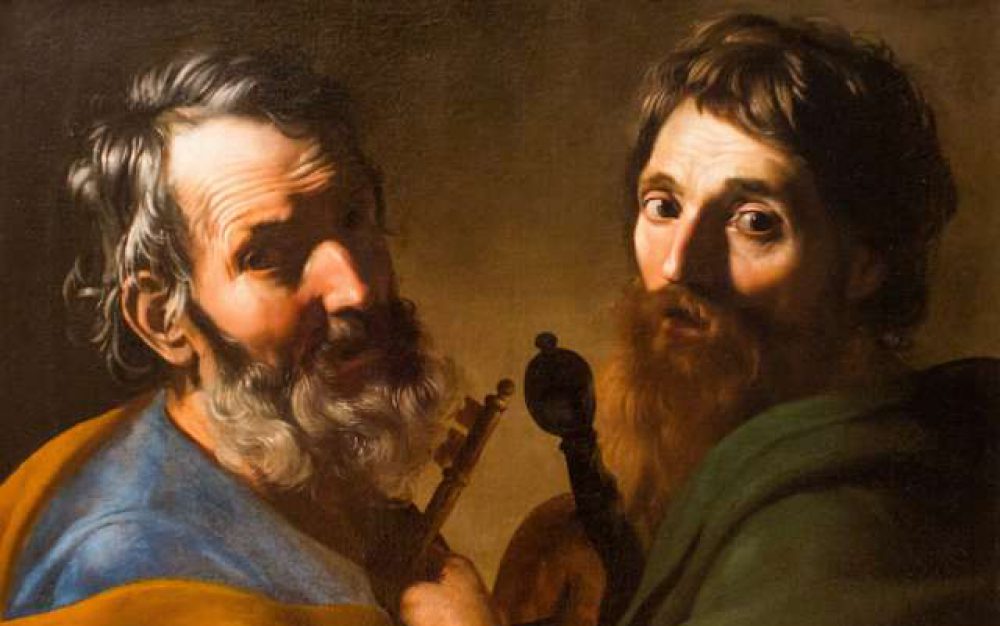


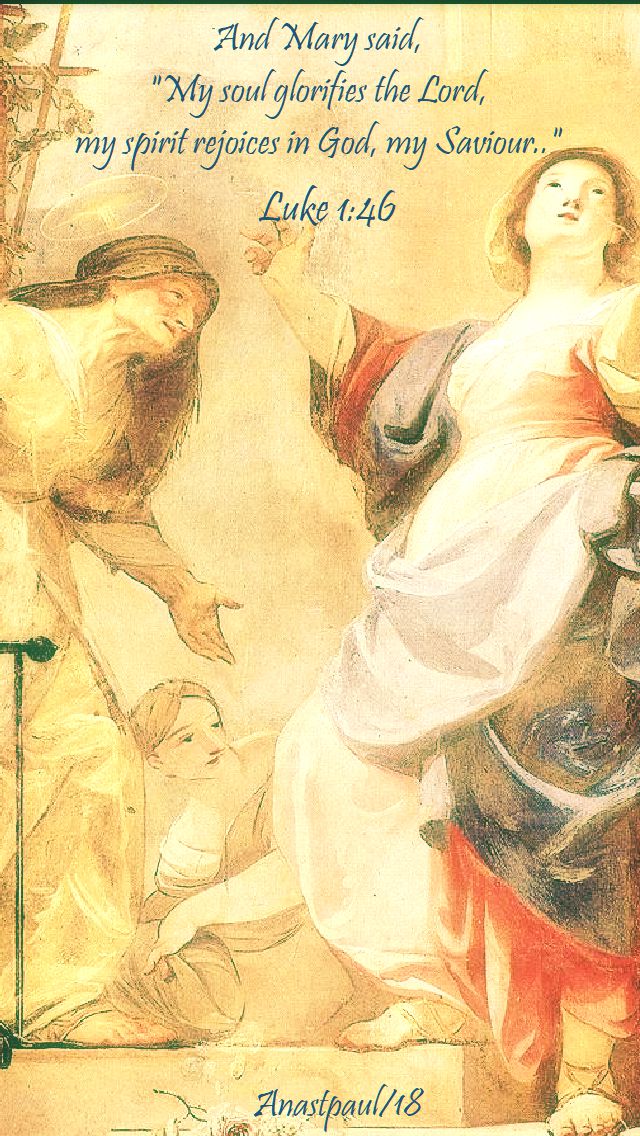
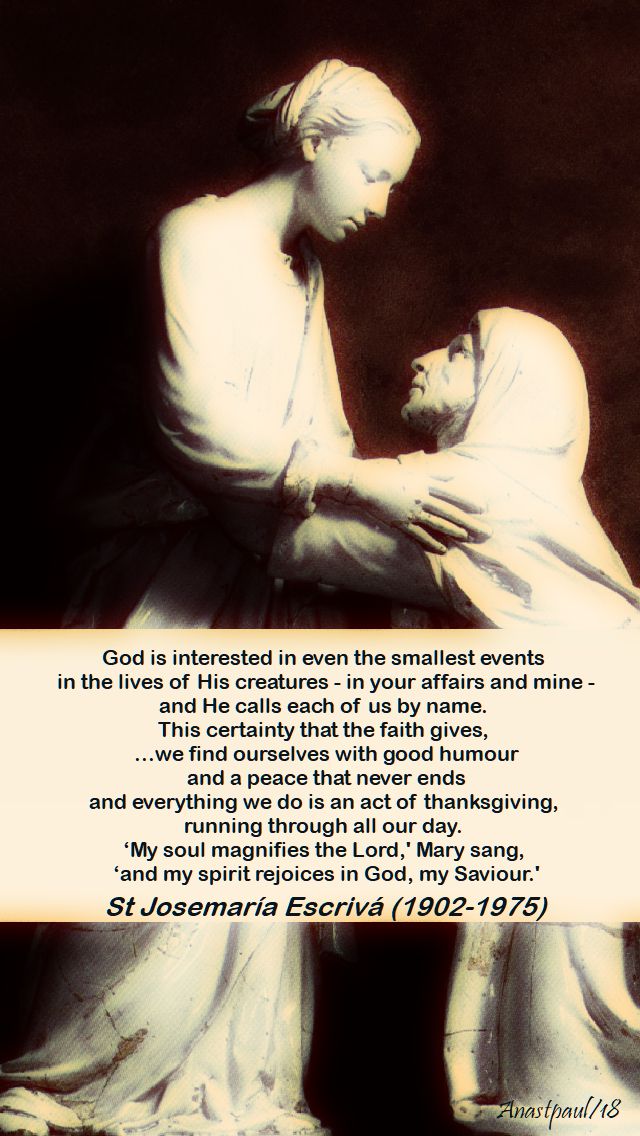
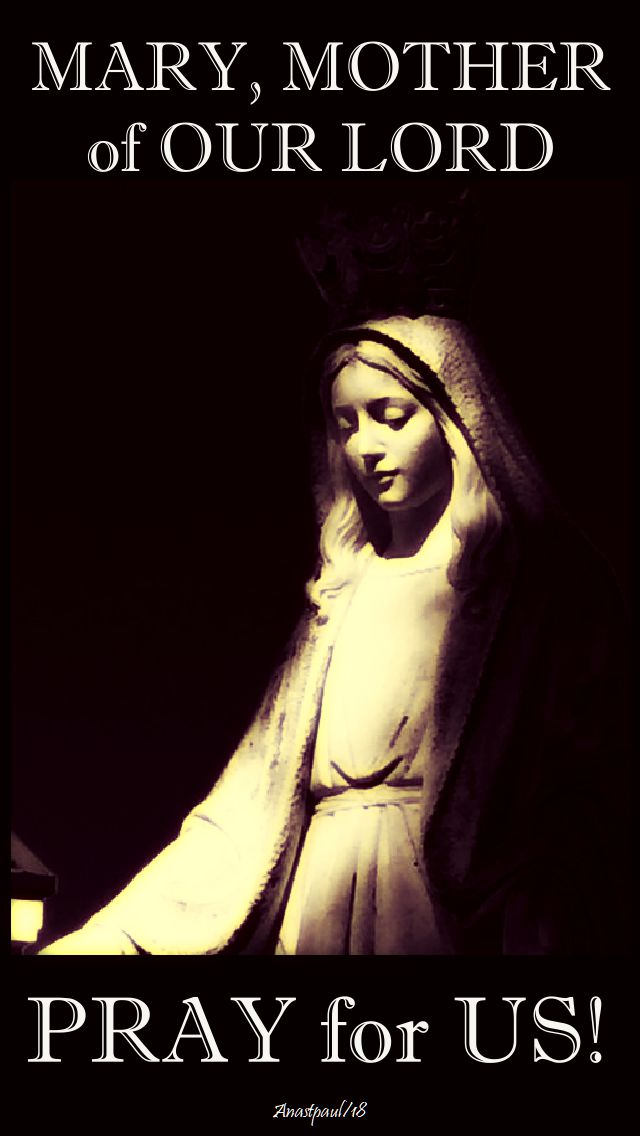
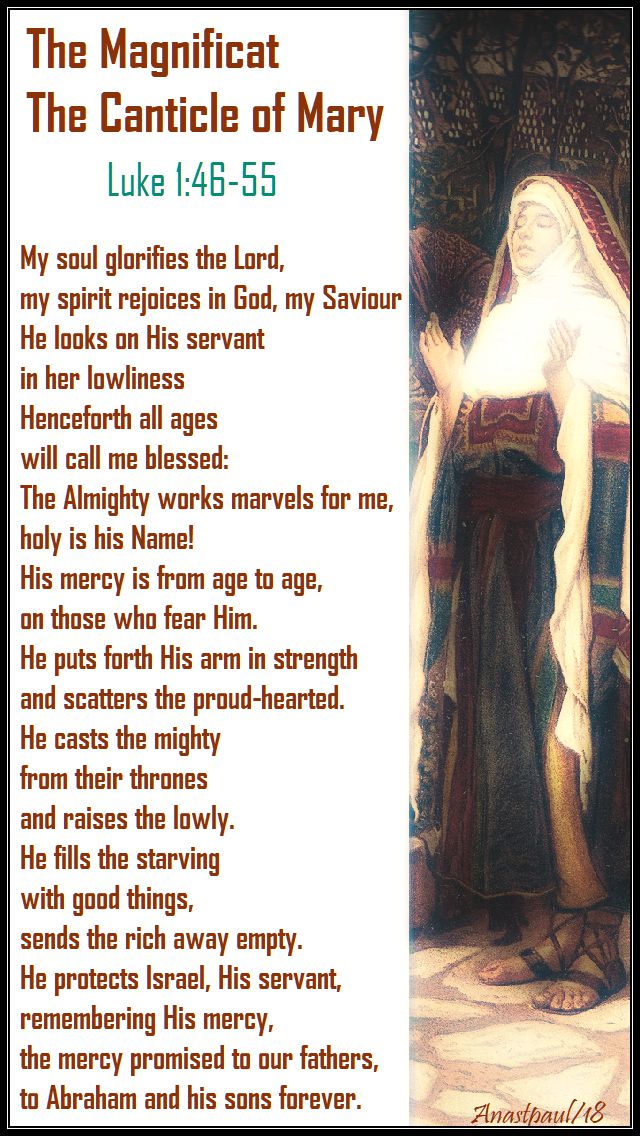

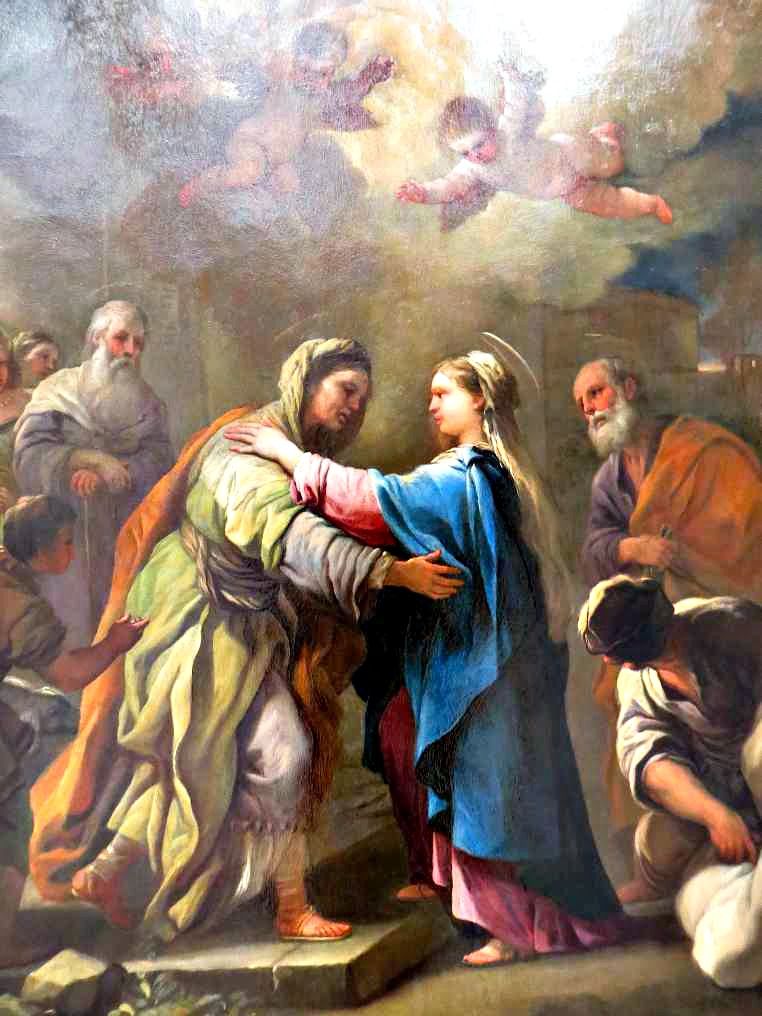








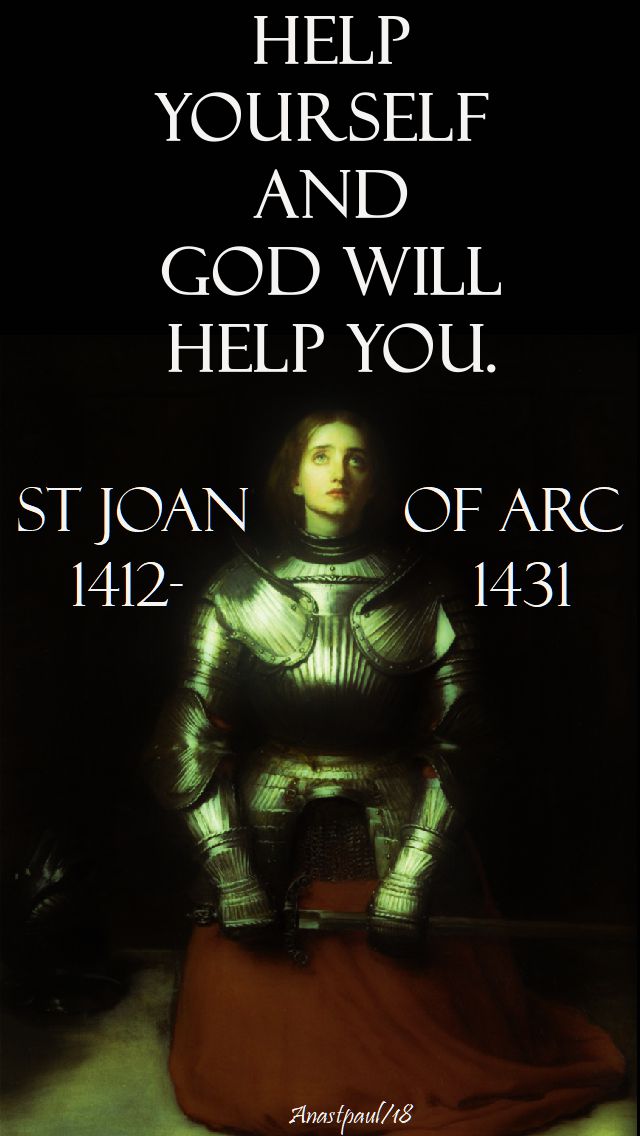
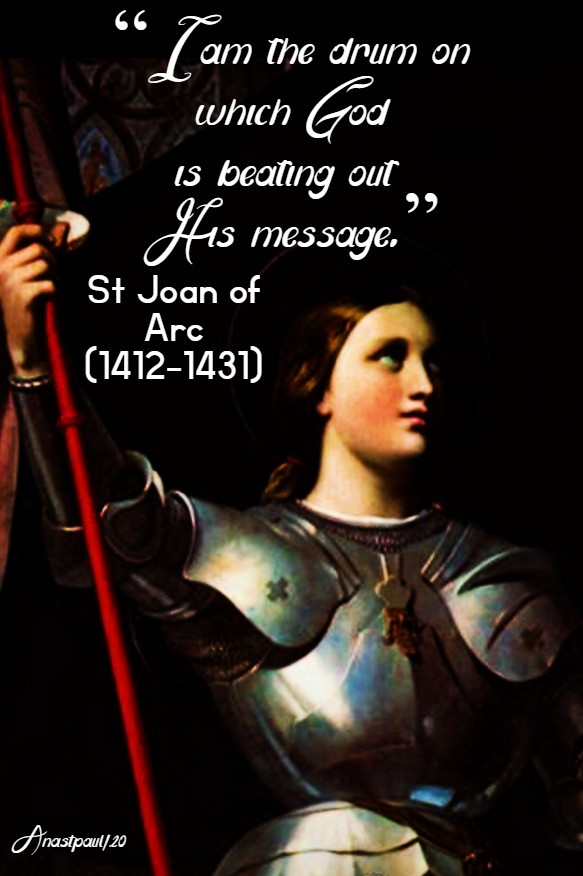

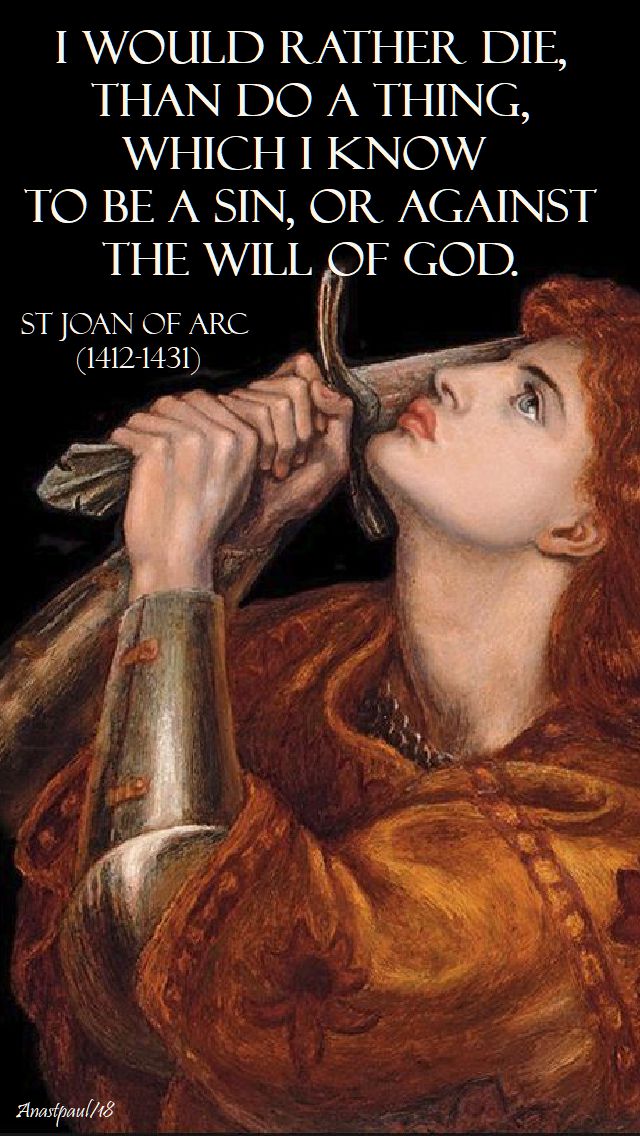



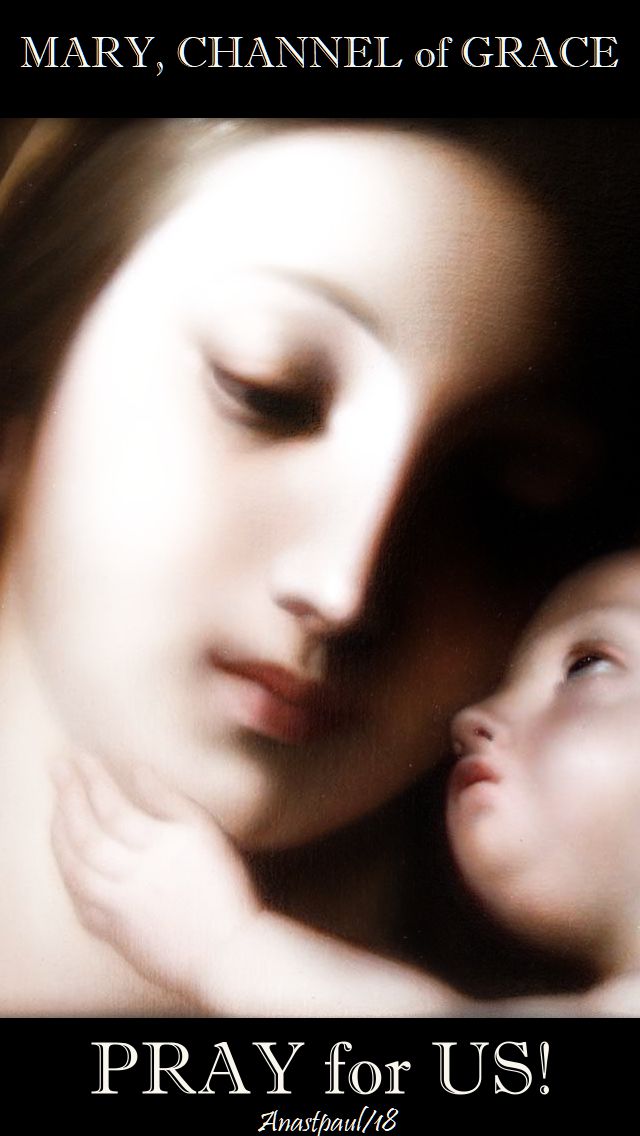

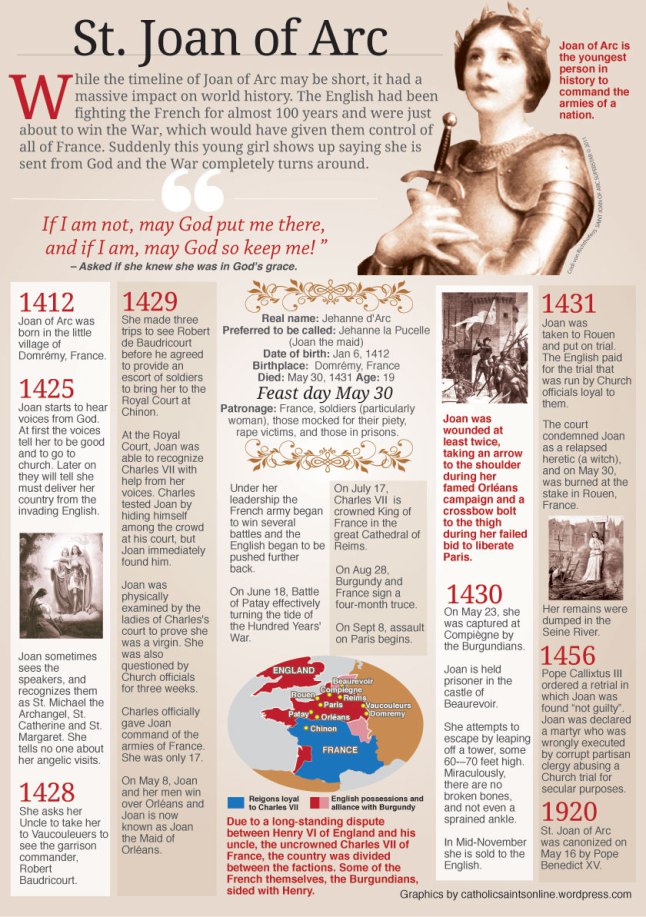
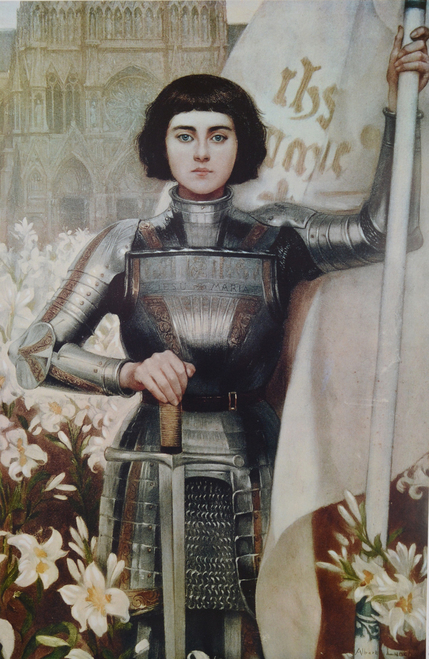
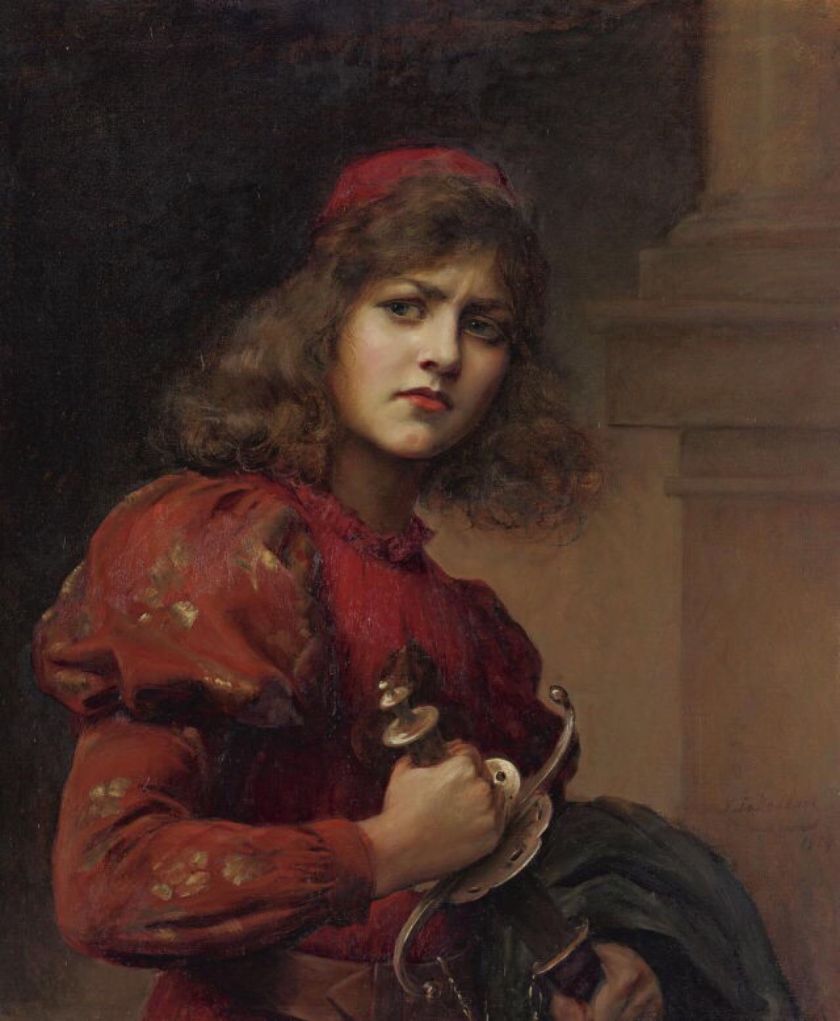
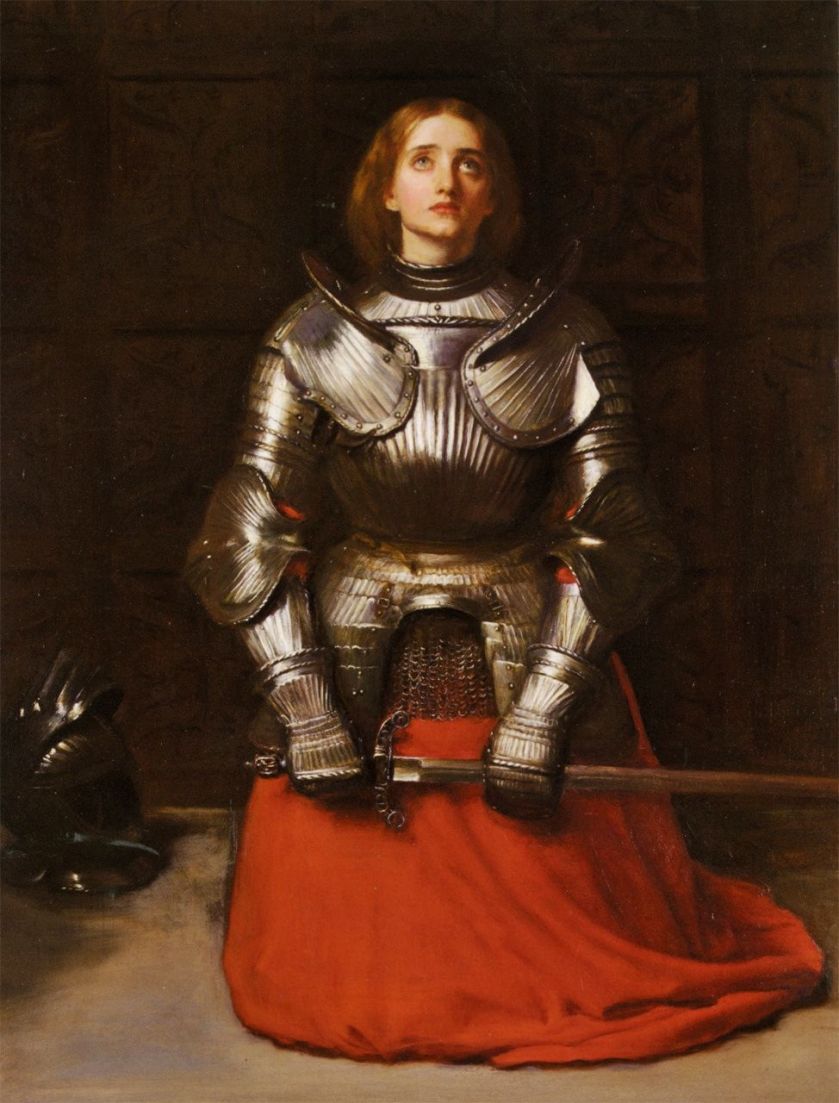


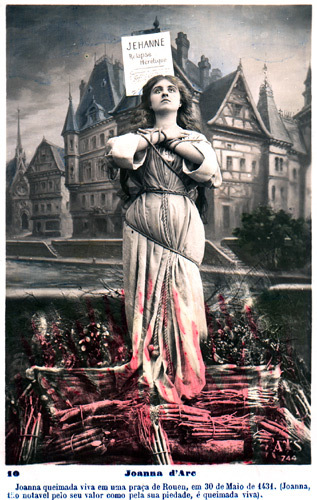




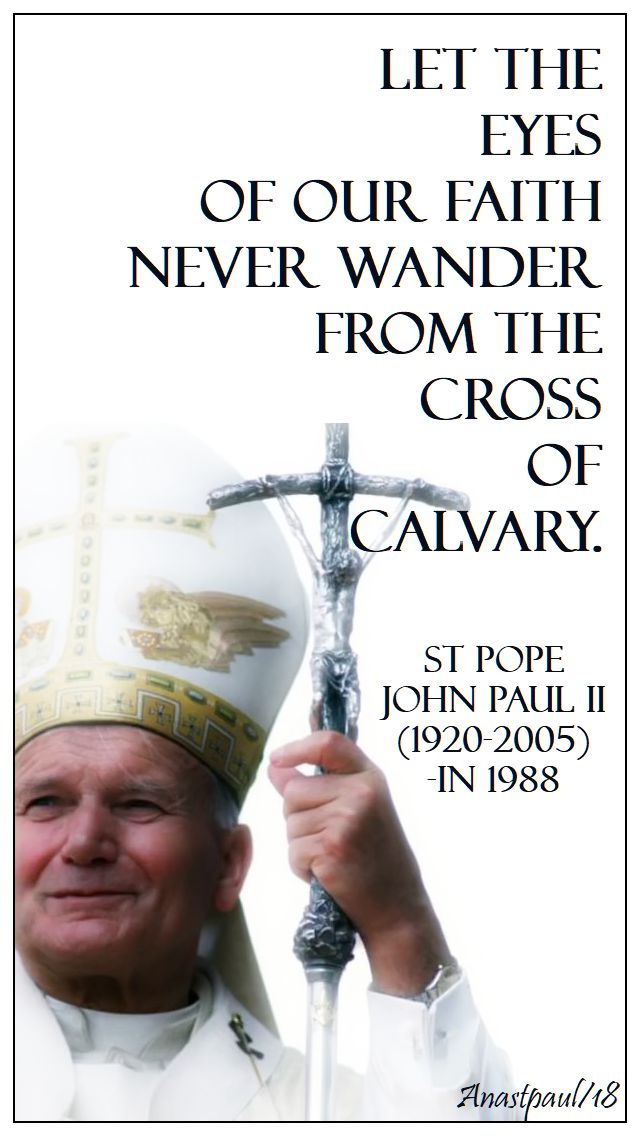
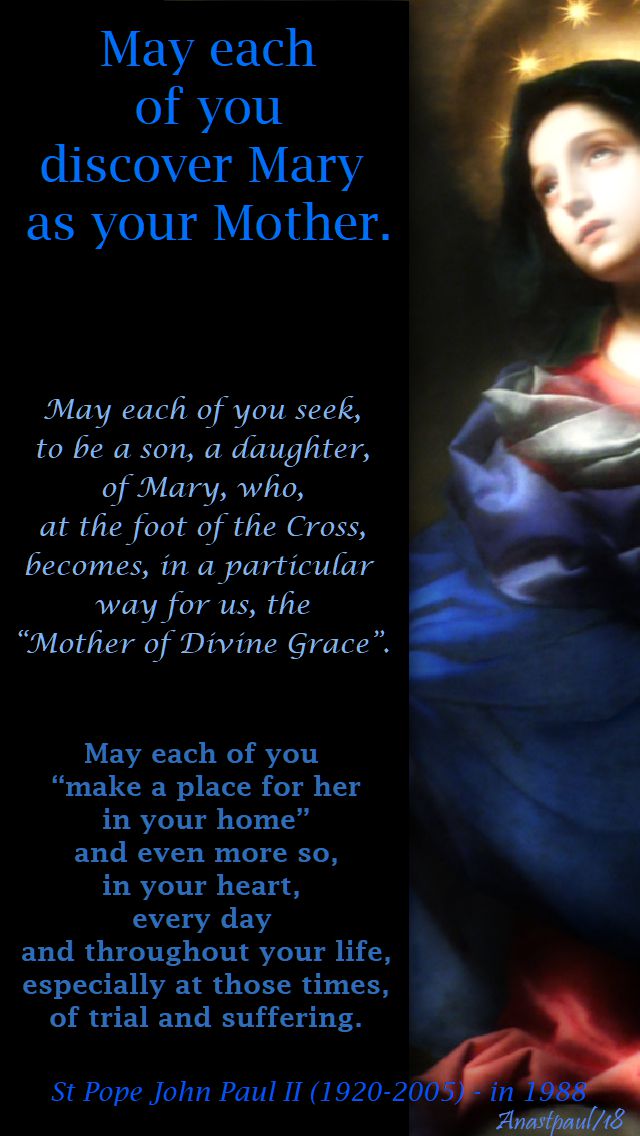
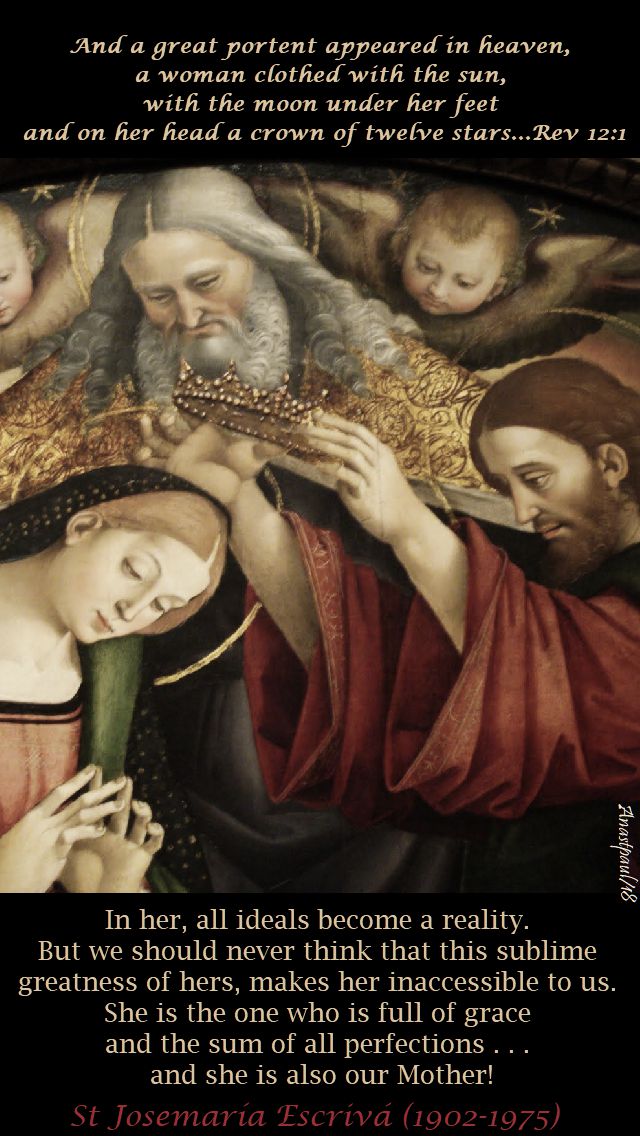

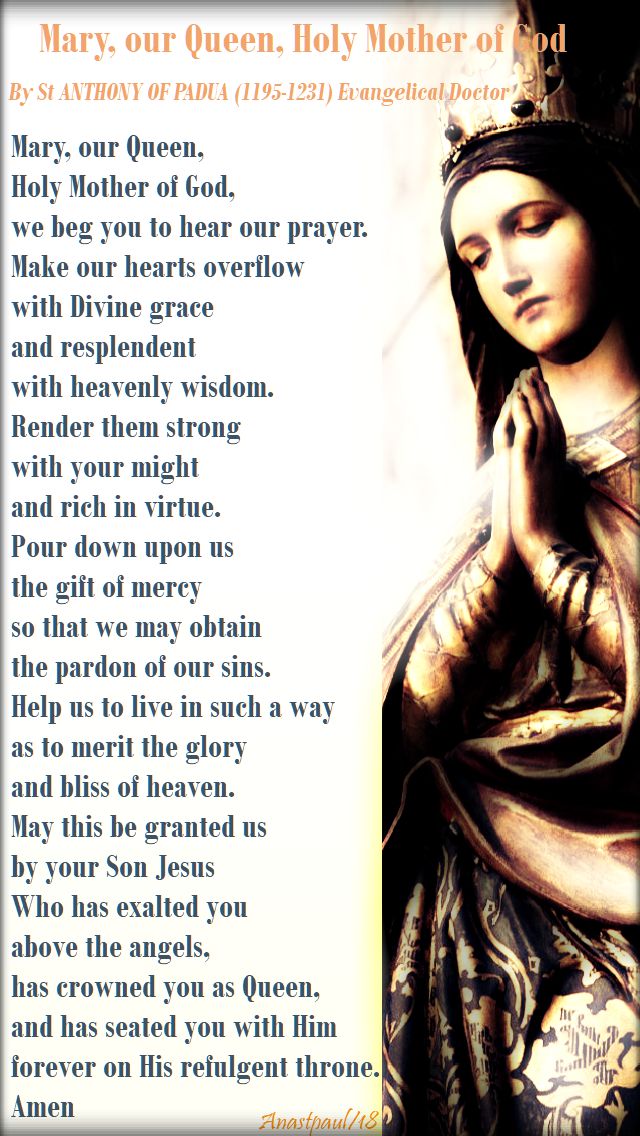
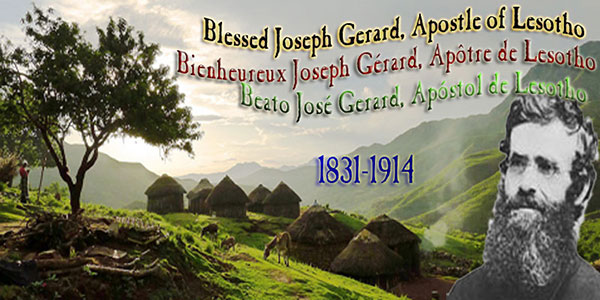
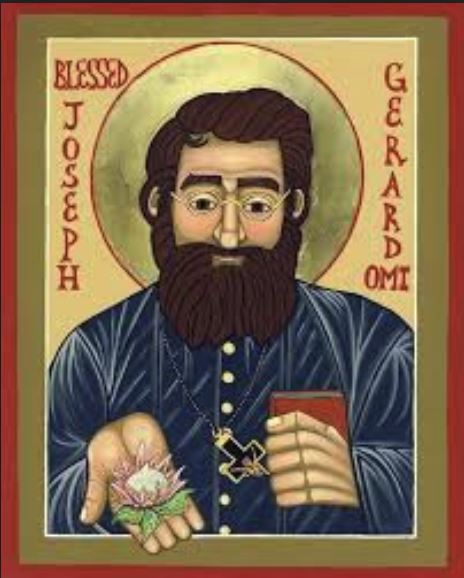
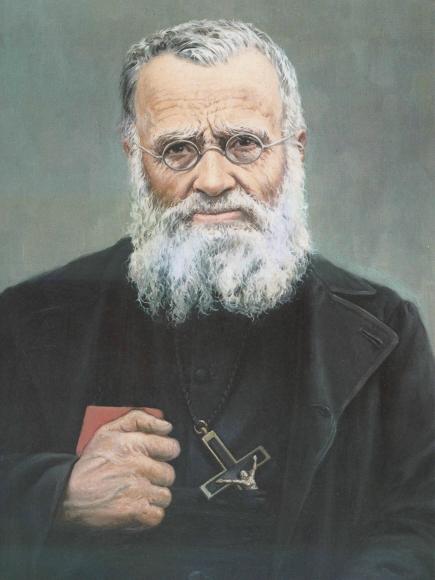


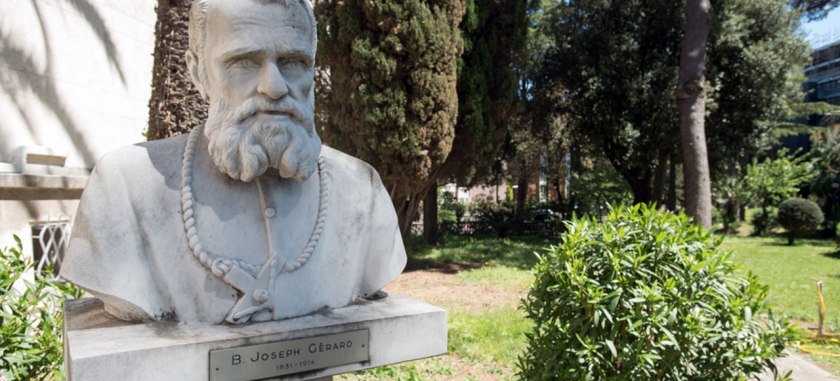
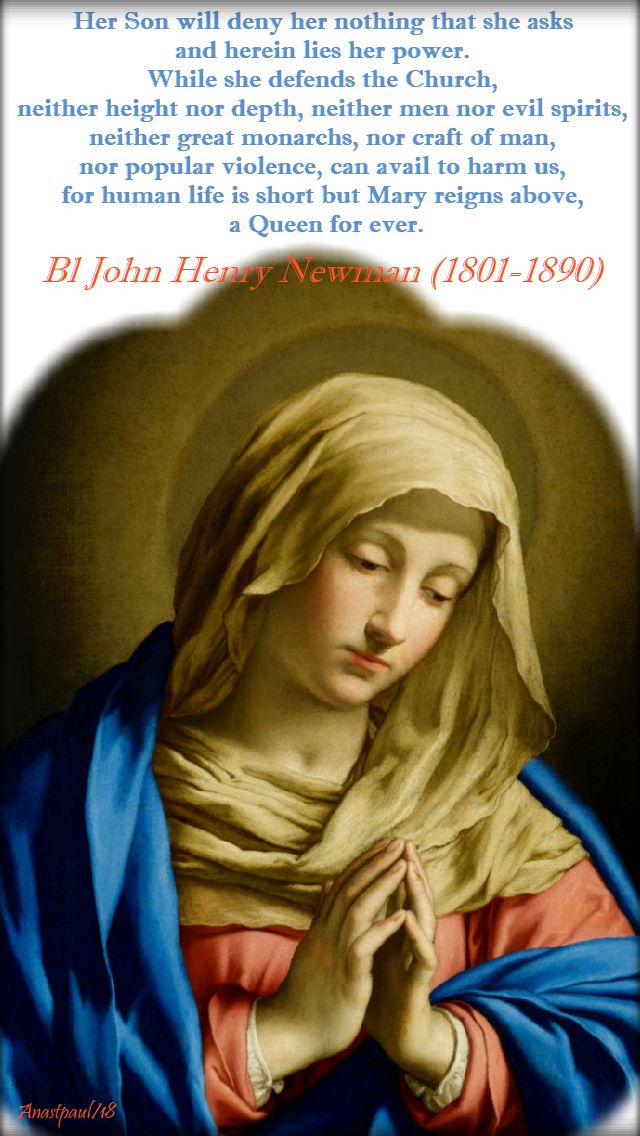
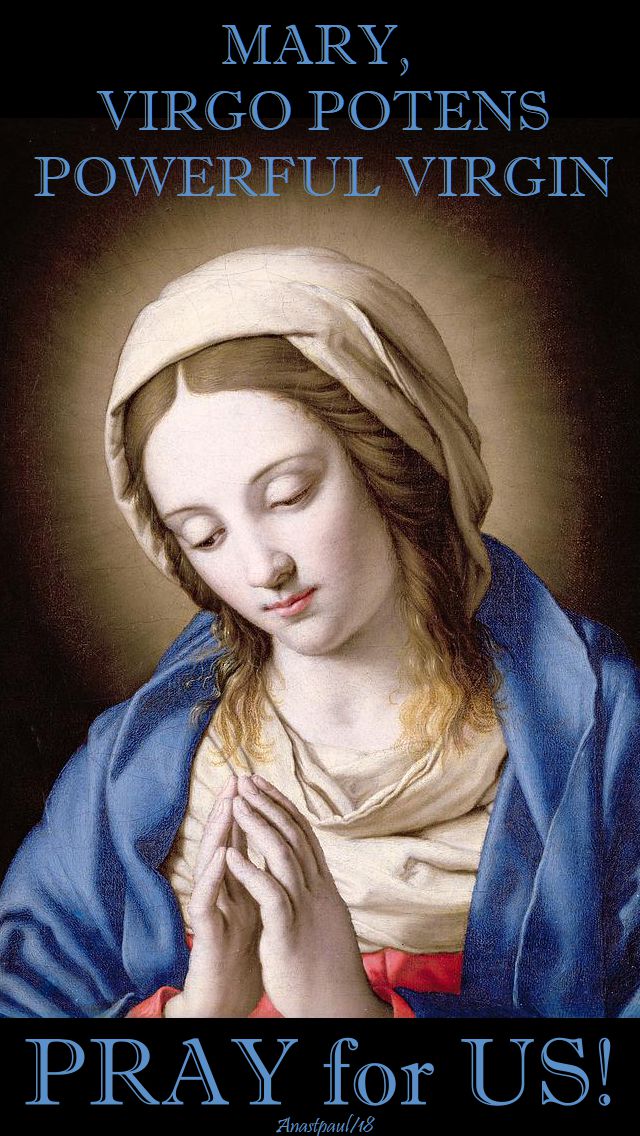
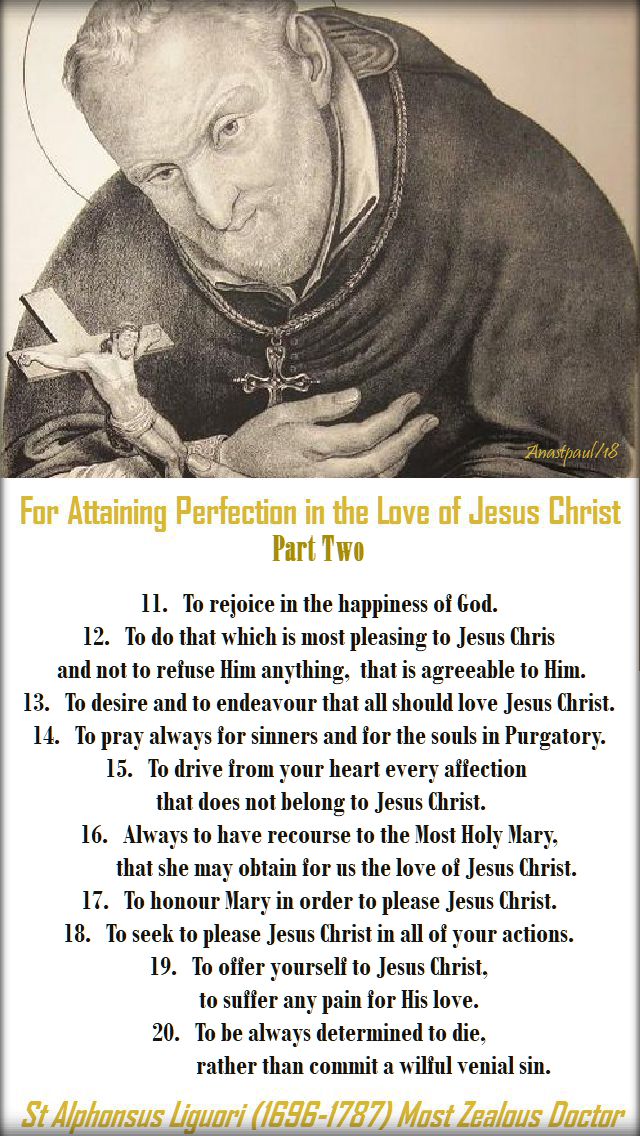

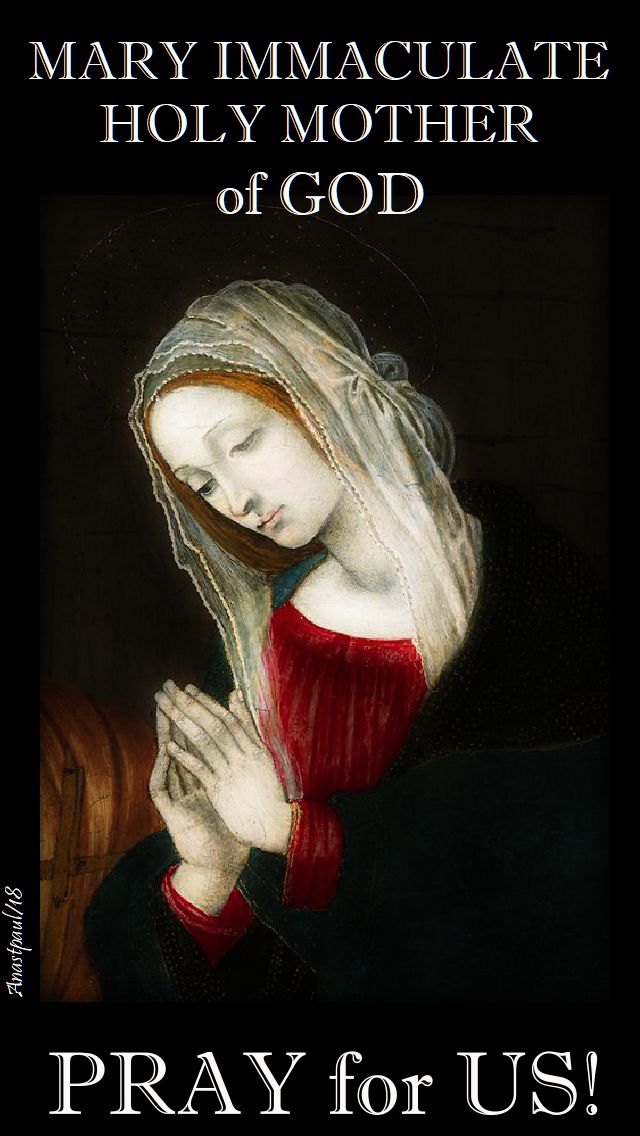




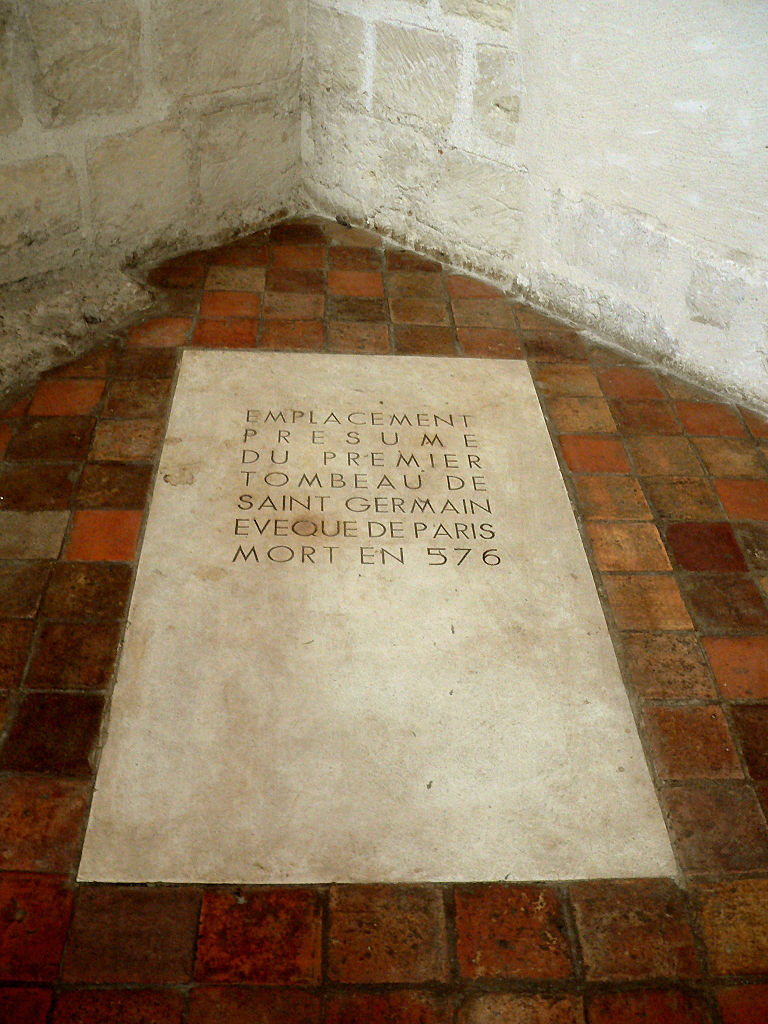
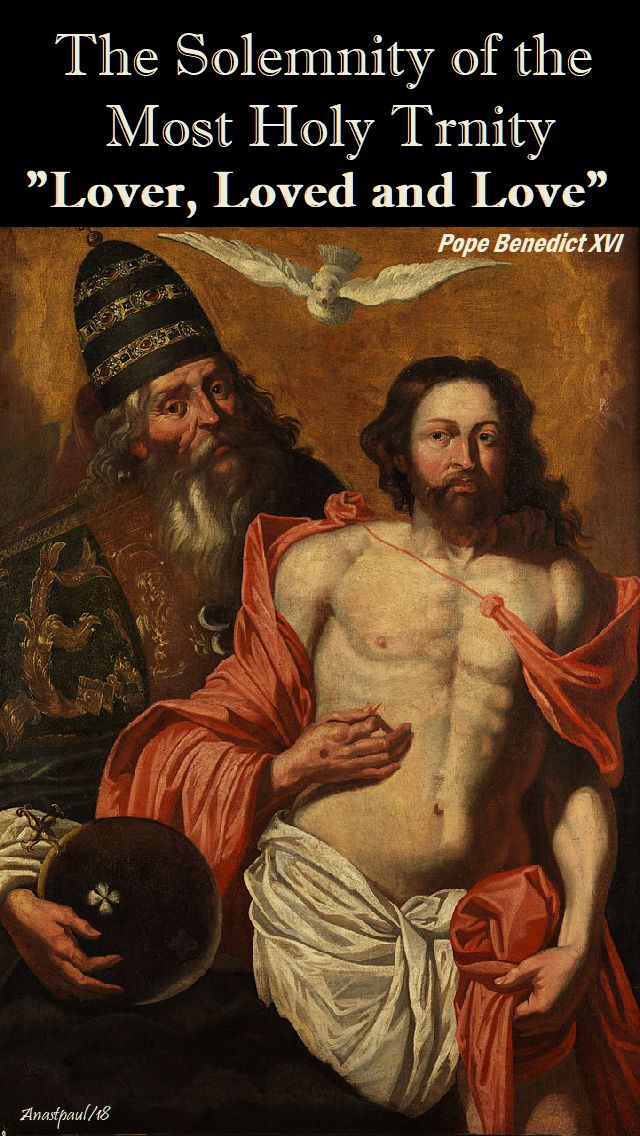

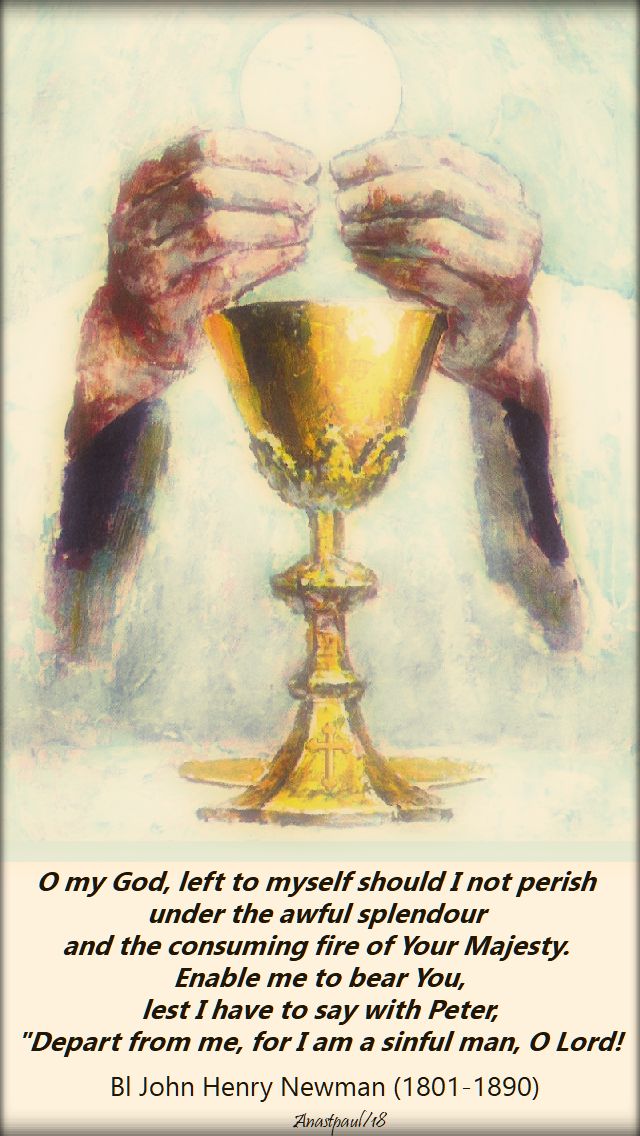
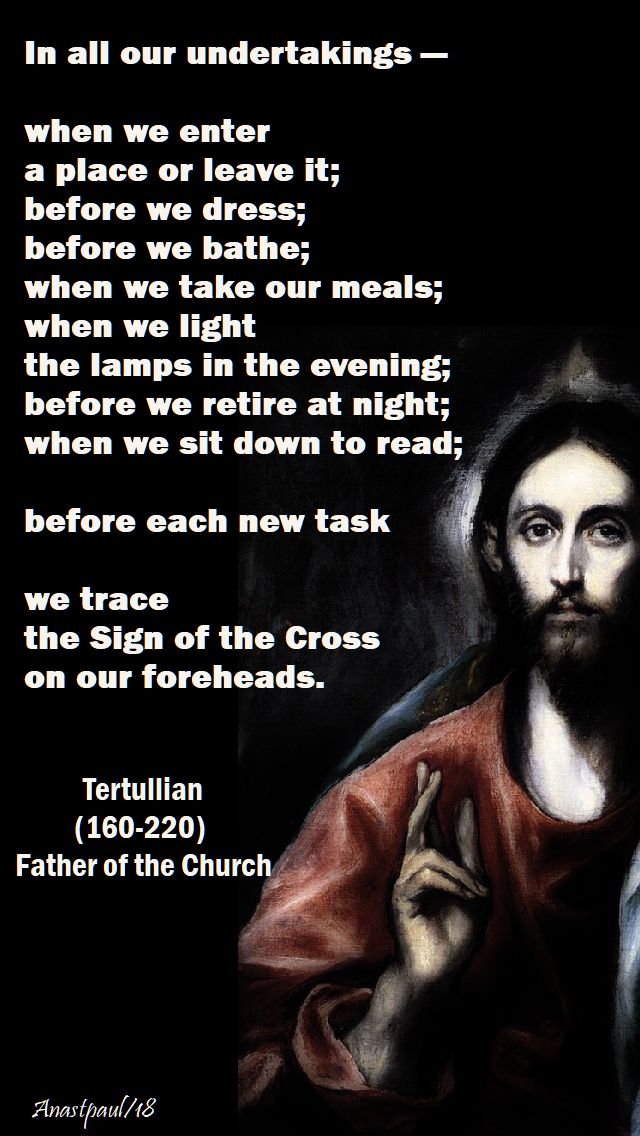

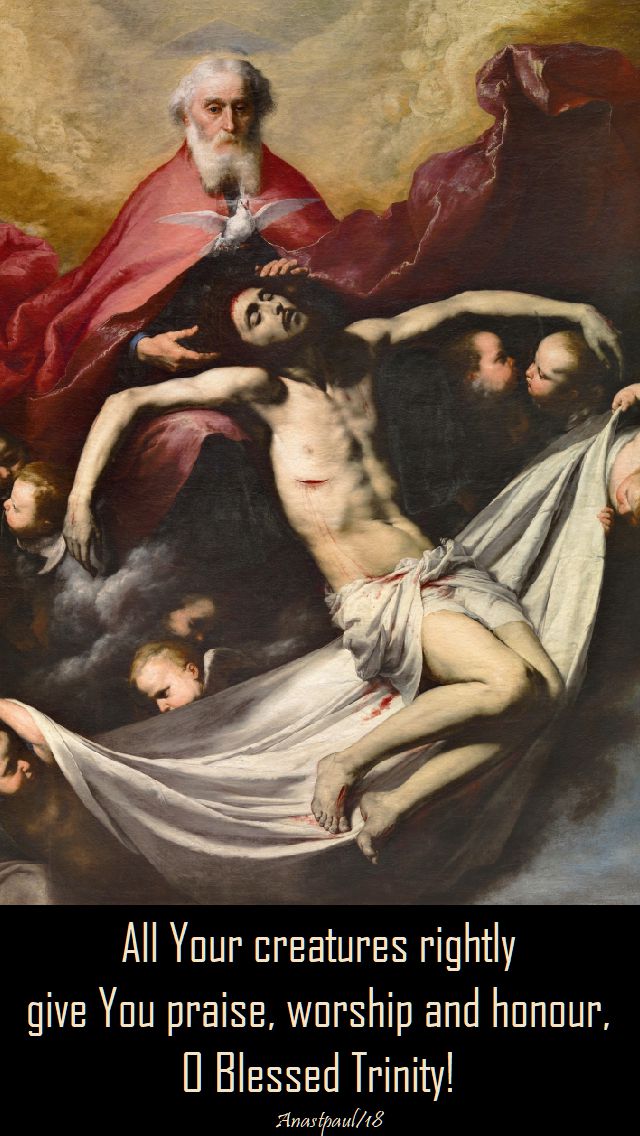
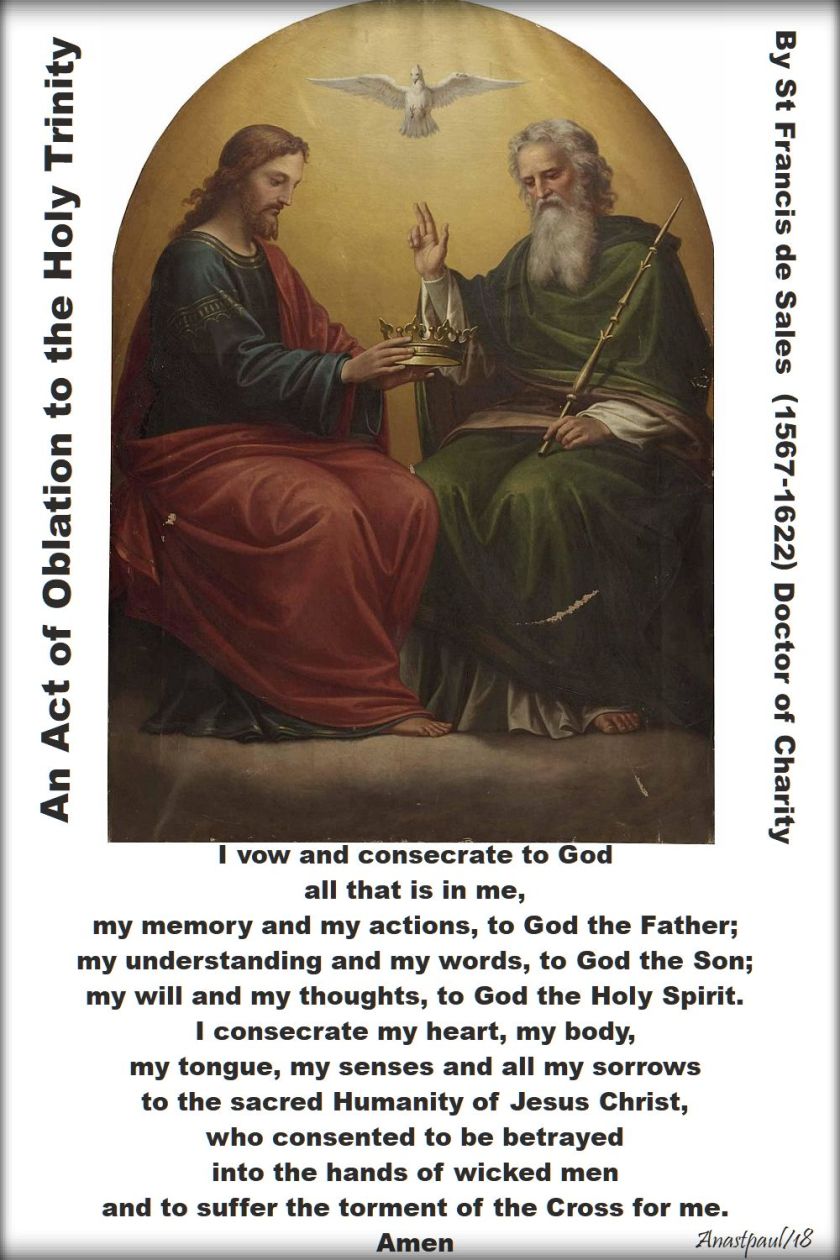
You must be logged in to post a comment.